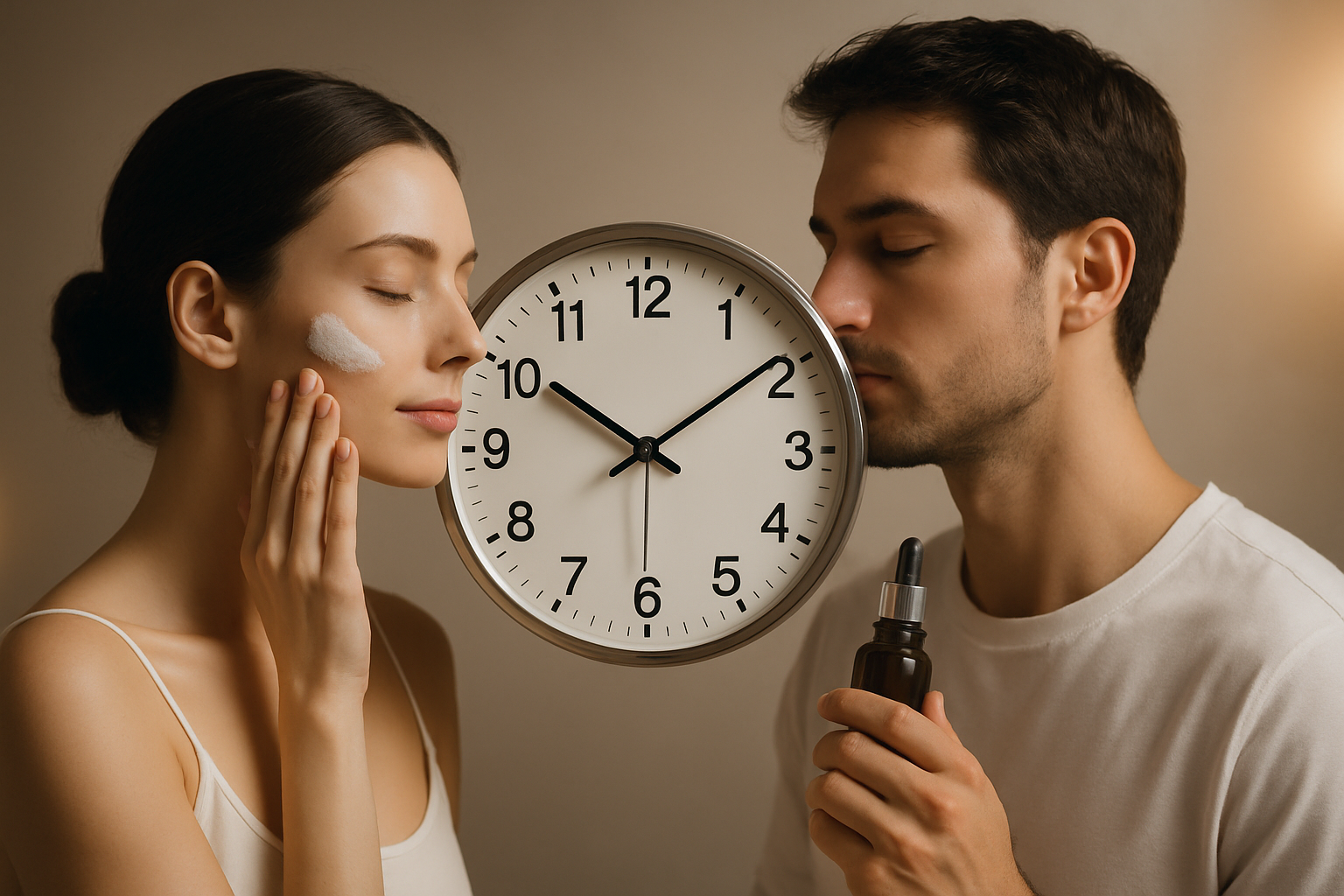Embracing Chronotherapy: Timing Your Health for Optimal Wellness
Are you ready to revolutionize your health by simply adjusting your daily schedule? Imagine a world where the timing of your activities could dramatically improve your well-being. Welcome to the fascinating realm of chronotherapy, where the ancient wisdom of listening to your body's natural rhythms meets cutting-edge scientific research. This innovative approach to health optimization is not just about what you do, but when you do it.

Research has shown that each organ and bodily function has its own optimal time of day for peak performance. For instance, the liver is most active in processing toxins during the early morning hours, while muscle strength tends to peak in the late afternoon. By aligning our daily activities with these natural rhythms, we can potentially enhance our overall health and well-being.
Chronotherapy in Medical Treatment
The application of chronotherapy in medicine has shown promising results across various fields. In oncology, studies have found that the timing of chemotherapy administration can significantly impact its effectiveness and reduce side effects. For example, a study published in the Journal of Clinical Oncology reported that breast cancer patients who received chemotherapy in the morning experienced less nausea and fatigue compared to those treated in the evening.
Similarly, chronotherapy has been applied to the treatment of hypertension. Research indicates that taking blood pressure medication at bedtime, rather than in the morning, can lead to better blood pressure control and a reduced risk of cardiovascular events. This simple adjustment in timing aligns with the body’s natural blood pressure patterns, which typically dip during sleep.
Optimizing Daily Routines with Chronotherapy
Beyond medical applications, chronotherapy offers insights for optimizing our daily routines. By understanding our body’s natural rhythms, we can strategically time our activities for maximum benefit:
-
Exercise: Studies suggest that morning workouts may be more effective for weight loss and improving mood, while evening exercise might be better for building strength and endurance.
-
Cognitive Tasks: Our cognitive abilities fluctuate throughout the day. Most people experience peak alertness and focus in the late morning, making this an ideal time for complex problem-solving or creative work.
-
Meals: Eating in sync with our circadian rhythm can improve metabolism and digestion. Some research suggests that consuming larger meals earlier in the day and lighter meals in the evening may support weight management and better sleep quality.
-
Sleep: Maintaining a consistent sleep schedule that aligns with natural light-dark cycles can significantly improve sleep quality and overall health.
Challenges and Considerations
While chronotherapy holds great promise, it’s important to note that individual variations exist. Factors such as age, genetics, and lifestyle can influence a person’s optimal timing for various activities. Moreover, societal constraints often make it challenging to fully align our schedules with our biological clocks.
Researchers are still exploring the full potential and limitations of chronotherapy. Some critics argue that more long-term studies are needed to fully understand its effects across diverse populations. Additionally, the practical implementation of chronotherapy in healthcare settings can be complex, requiring careful coordination and personalized approaches.
The Future of Chronotherapy
As our understanding of chronobiology deepens, the potential applications of chronotherapy continue to expand. Emerging areas of research include:
-
Personalized Chronotherapy: Utilizing genetic testing and wearable technology to create individualized timing recommendations for optimal health.
-
Chrono-Nutrition: Exploring how the timing of nutrient intake affects metabolism, weight management, and overall health.
-
Light Therapy: Investigating the use of precisely timed light exposure to treat conditions like seasonal affective disorder and jet lag.
-
Chronopharmacology: Developing medications designed to be most effective and least toxic when taken at specific times.
Chronotherapy Insights for Daily Life
-
Morning sunlight exposure can help regulate your circadian rhythm and improve sleep quality
-
Avoid caffeine after 2 PM to prevent interference with your natural sleep-wake cycle
-
Schedule high-intensity workouts for late afternoon when body temperature and muscle strength peak
-
Practice relaxation techniques in the evening to align with your body’s natural melatonin production
-
Consider taking vitamin D supplements in the morning to mimic natural sun exposure patterns
In conclusion, chronotherapy offers a fascinating lens through which to view our health and daily routines. By aligning our activities with our body’s natural rhythms, we have the potential to enhance our physical and mental well-being. As research in this field continues to evolve, it promises to reshape our approach to healthcare and personal wellness, offering a more harmonious way of living in tune with our biological clocks.






